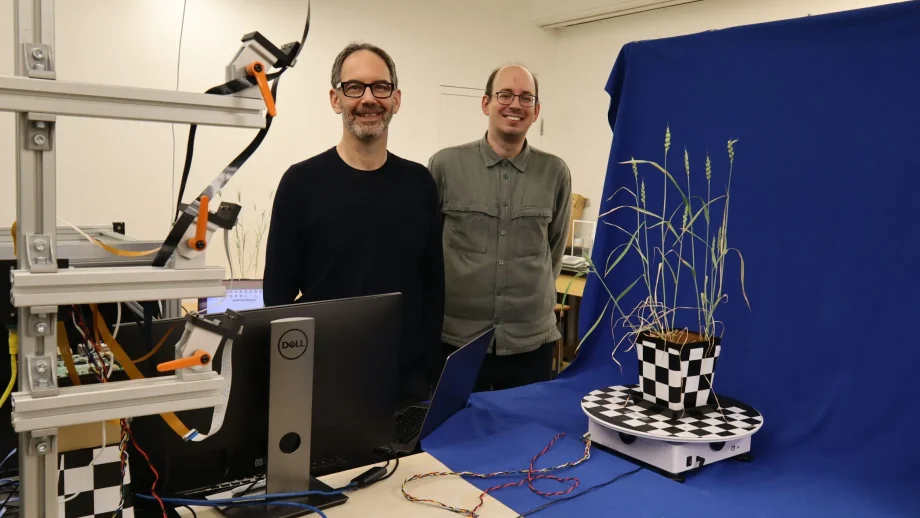Most people don’t think about impact assessments until they’re affected by projects like new roads or mines, which can have both positive and negative effects. People can feel removed from the process, which hasn’t changed since 1988. That’s where the Impact Assessment Reform project, Empowering the Community: Environmental Assessment Reform in Manitoba, comes in.
“Impact assessment is an important process that helps government decision-makers learn from communities and experts about how a project may affect their communities – before irreversible damage occurs,” said Dr. Patricia Fitzpatrick, Professor in the Department of Geography and part of the project team. “It is our chance to ‘look before we leap’ and make decisions that work for the people and the environment.”
Community priorities
This project is a partnership between UWinnipeg, the Public Interest Law Centre, and the Manitoba Eco-Network. It will gather Manitobans’ insights on the current provincial process under The Environment Act and identify community priorities to make impact assessment better. “We are seeking to gather a diverse range of views from both urban and rural Manitoba,” said Dr. Fitzpatrick.
Manitobans have been asking for reform of the Act for decades, said Dr. Fitzpatrick. “It’s important that impact assessments consider Indigenous-led assessment, and that they routinely address the cumulative impacts of development, among others.”
These considerations are especially important when it comes to Manitoba’s critical minerals, responsible mineral development, and the province’s Securing Our Critical Mineral Future strategy.
Public workshops and survey
The project team will gather feedback from Manitobans through a public survey and a series of in-person community workshops. The goal of these workshops is to increase public knowledge of impact assessment and to understand the community’s reform priorities.
Three public workshops are scheduled this April in Brandon, The Pas, and Winnipeg. An additional workshop for experts and community members with experience participating in impact assessment processes will also be held in Winnipeg.
There is also a public survey where Manitobans can make their voices heard, with a chance to enter a draw for $250 for participating. The survey is open until April 2, 2025.
The team plans to publish the project’s findings this summer. “We hope this project leads to improvements that both consider the positive impacts projects can have on communities, including in terms of employment opportunities, while also better protecting the environment and the health of Manitobans,” said Katrine Dilay of the Public Interest Law Centre, and member of the team. “We need a provincial impact assessment process that meets modern standards for environmental protection and public participation.”
“We’re looking forward to hearing everyone’s ideas and better understanding the public’s interests and needs to create a process that works to protect the environment, safeguard people, and provide the best value to Manitobans,” said Heather Fast, Manitoba Eco-Network and project team member.
Funding for this work has been provided by the Social Sciences and Humanities Research Council of Canada and the Manitoba Law Foundation.





